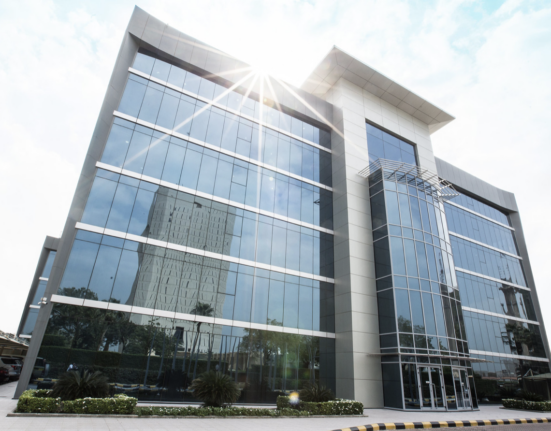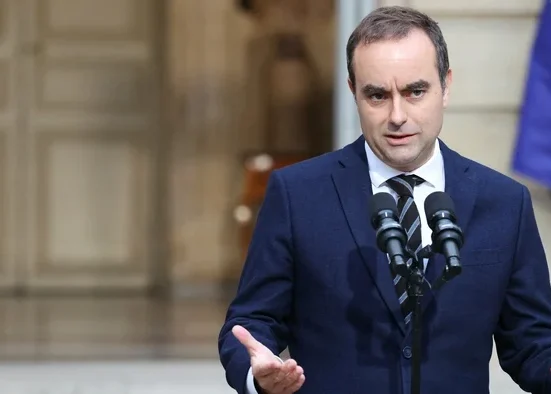By Tomás da Silva — Special Contributor to AfricaHeadline’s Economics & Finance Desk
Angola’s 2026 State Budget (GB) marks a defining moment in the country’s post-independence fiscal history: non-oil revenues are set to exceed oil revenues for the first time in 50 years. The symbolic break from hydrocarbons signals more than a statistical milestone, it suggests that Angola is beginning to lay the foundations of a tax-based state, less beholden to the volatility of commodity cycles and more anchored in a diversified domestic economy.

AfricaHeadline Reports Team
editorial@africaheadline.com
The shift reflects the most coherent phase of fiscal reforms in over a decade, under the stewardship of the Minister of State for Economic Coordination (MSEC), José de Lima Massano, whose technocratic approach has placed orthodox discipline, credibility and long-term sustainability at the heart of Angola’s macroeconomic reset. Diplomats, lenders and investors privately concede that Massano has restored a degree of policy predictability often lacking in Luanda’s statecraft.
The rise in non-oil revenue is the result of a multi-pronged overhaul: widening the tax base, clamping down on evasion, digitalising revenue administration and strengthening supervisory capacity. For a country long reliant on oil rents to fund public spending, this transition signals a psychological and institutional pivot.
Yet the challenge now shifts from revenue mobilisation to quality of spending. A modern tax state must convert taxation into visible public goods, social equity and improved service delivery. Analysts warn that unless the state’s expanded fiscal room is matched with disciplined execution and transparency, public trust in taxation will erode.
The recently approved Fiscal Sustainability Law is central to Angola’s attempt to avoid a return to pro-cyclical spending and debt distress. If enforced with rigour, the law could provide a guardrail against political interference in budgeting, ensuring intergenerational balance, predictable debt dynamics and macro-stability.
Financial markets are watching closely. Successful implementation could strengthen Angola’s credibility with Eurobond holders and multilateral lenders, opening the door to lower borrowing costs over time.
The revised Political-Administrative Division represents an attempt to modernise the territorial architecture of the state and improve governance responsiveness. However, the reform remains administratively incomplete: without the fiscal and bureaucratic mechanisms to empower local governments, the new map risks becoming a cartographic exercise rather than a governance breakthrough.
The glaring gap remains the non-implementation of municipal elections (autarquias). For many governance specialists, this is the missing leg of Angola’s fiscal transformation. A tax-based state requires horizontal accountability – citizens must see a direct link between taxation and services. The absence of elected local authorities weakens fiscal legitimacy and keeps the citizen too far from budgetary decisions that affect everyday life.
What differentiates the current reform cycle from earlier episodes is the Massano’s blend of fiscal orthodoxy and developmental pragmatism. Massano has championed a narrative of “Fiscal Responsibility with Social Inclusion”, fiscal prudence without austerity paralysis.
Under his coordination, the government has stabilised key macro indicators, moderated inflation, pursued local production incentives and strengthened public financial management. Investors note that the José Massano’s office has become the single most influential centre of economic decision-making since 2023, signalling a consolidation of policy coherence rarely seen in Angola’s post-war governance.
To cement the shift from a rentier to a tax-driven economy, Angola must deliver on three fronts:
Revenue fairness and efficiency, raising revenue without suffocating SMEs or worsening inequality.
Transparent, disciplined spending, reducing waste, politically-motivated allocations and leakages.
Citizen participation and oversight, including participatory budgeting and eventual municipal elections.
The 2026 State Budget should be read less as an accounting exercise and more as a political and institutional statement. Angola is signalling that it seeks to graduate from swing-cycle oil dependency to a rules-based fiscal regime.
Whether this becomes a historic pivot or another short-lived reform phase will depend on the government’s capacity to maintain discipline beyond the oil price curve, resist populist pressures and deliver tangible social outcomes.
For now, credit belongs to the economic team, whose steady-handed approach has pulled Angola back from the brink of macroeconomic instability and placed it on a path toward a more credible, transparent and citizen-centred fiscal state.
If the reforms hold, 2026 may be remembered as the year Angola finally began to fund its future, rather than finance its past.








